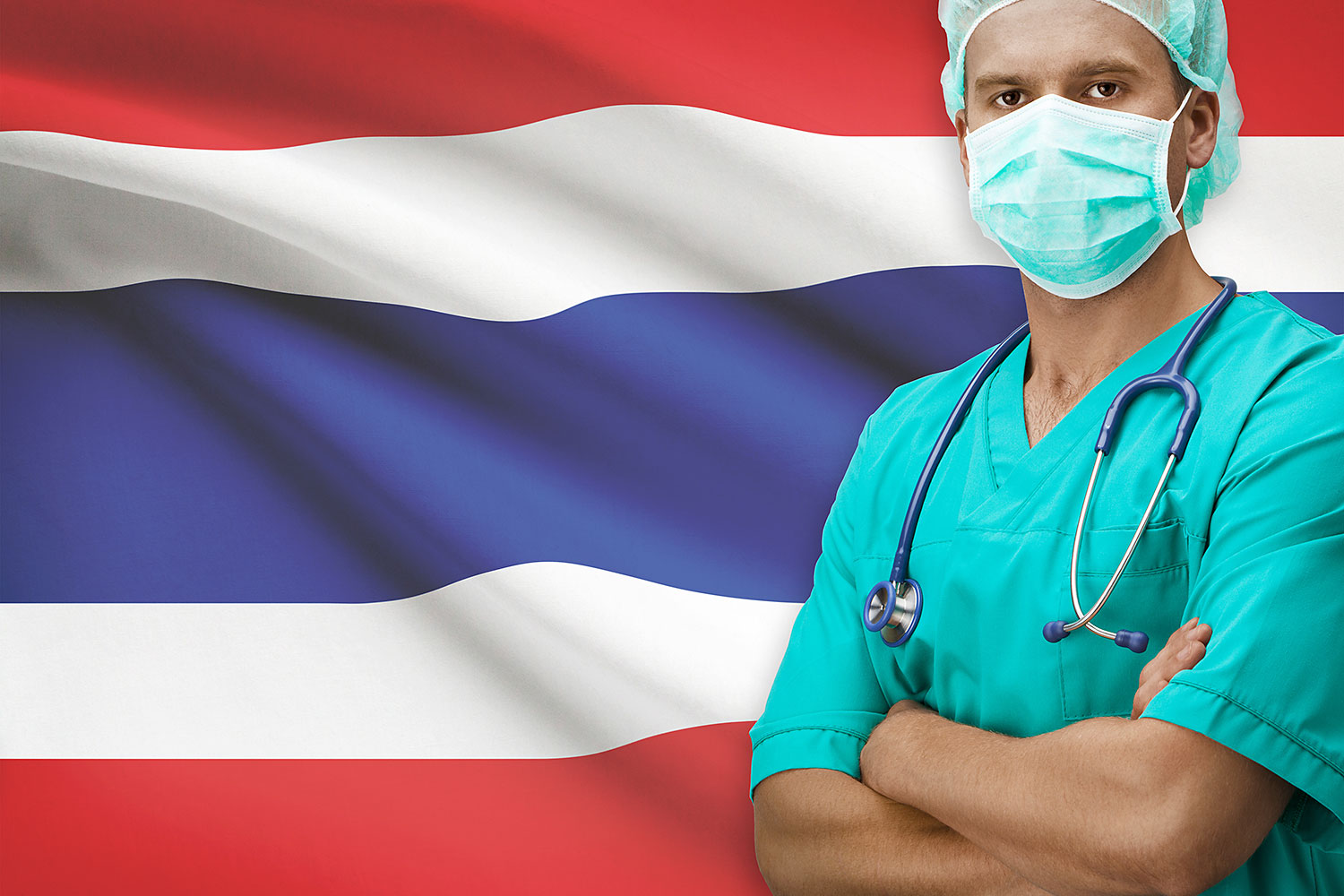Retirement Visa/Healthcare

RETIREMENT VISA& HEALTHCARE IN THAILAND
 Thailand’s majestic landscape, formed by its rich foliage and scenic beaches make for a very relaxing and soothing environment one could live in forever. It’s not surprising that foreigners find themselves enchanted and wanting to spend their retirement days in this breathtaking piece of tropical paradise.
Thailand’s majestic landscape, formed by its rich foliage and scenic beaches make for a very relaxing and soothing environment one could live in forever. It’s not surprising that foreigners find themselves enchanted and wanting to spend their retirement days in this breathtaking piece of tropical paradise.
The Procedure of getting a Retirement Visa is quite easy with no major documentations. Our Legal Team shall assist in receiving the same.
To be able to apply for Thailand Retirement Visa, the foreigner has to meet the following requirements:
For the process of Retirement Visa application:
Overview of Healthcare in Thailand
 Thailand has a healthcare system that is one of the world’s best. The country started its universal coverage program in 2002, which opened up universal health coverage to all citizens. Most Thais receive health coverage through that universal coverage scheme. However, civil servants and their family members receive healthcare coverage via the civil service welfare system. And private employees are often covered by a social security system that is supported by payroll contributions. Foreigners and expatriates who hold private sector jobs in Thailand may be eligible for this coverage.
Thailand has a healthcare system that is one of the world’s best. The country started its universal coverage program in 2002, which opened up universal health coverage to all citizens. Most Thais receive health coverage through that universal coverage scheme. However, civil servants and their family members receive healthcare coverage via the civil service welfare system. And private employees are often covered by a social security system that is supported by payroll contributions. Foreigners and expatriates who hold private sector jobs in Thailand may be eligible for this coverage.
For visitors and residents of Thailand who don’t qualify for any of the above systems, you’ll need private health insurance. Fortunately, there are many affordable plans available. Plus private insurance coverage is often accepted by Thailand’s top-tier private hospitals. These facilities provide such excellent care that medical tourists from all over the world visit for treatments.
How Good Is Healthcare in Thailand?
 Thai healthcare is so good and affordable that numerous non-Thai citizens come from Europe, America, and other parts of Asia to receive medical treatment in Thailand. Thailand’s medical tourism industry is known for serving patients in areas that include cancer treatment, fertility assistance, orthopedics, cardiovascular medicine, and dentistry.
Thai healthcare is so good and affordable that numerous non-Thai citizens come from Europe, America, and other parts of Asia to receive medical treatment in Thailand. Thailand’s medical tourism industry is known for serving patients in areas that include cancer treatment, fertility assistance, orthopedics, cardiovascular medicine, and dentistry.
Doctors in Thailand are trained in the latest medical procedures. They also have access to quality equipment, particularly in private hospitals. There are more than 60 Thai hospitals and healthcare institutions that have received certification from the respected Joint Commission International (JCI).
After implementing universal coverage, Thailand can boast that 99.5% of its residents are insured (only 75% were insured in 2000). There is even a system to provide low-cost health coverage to non-Thai migrants in low-skill jobs.
Thailand’s actions to expand healthcare have resulted in increased life expectancy, decreased infant mortality, and improved medical care in rural settings. Today Thailand has a strong public health system. There are around 1 million community health workers to support the population.